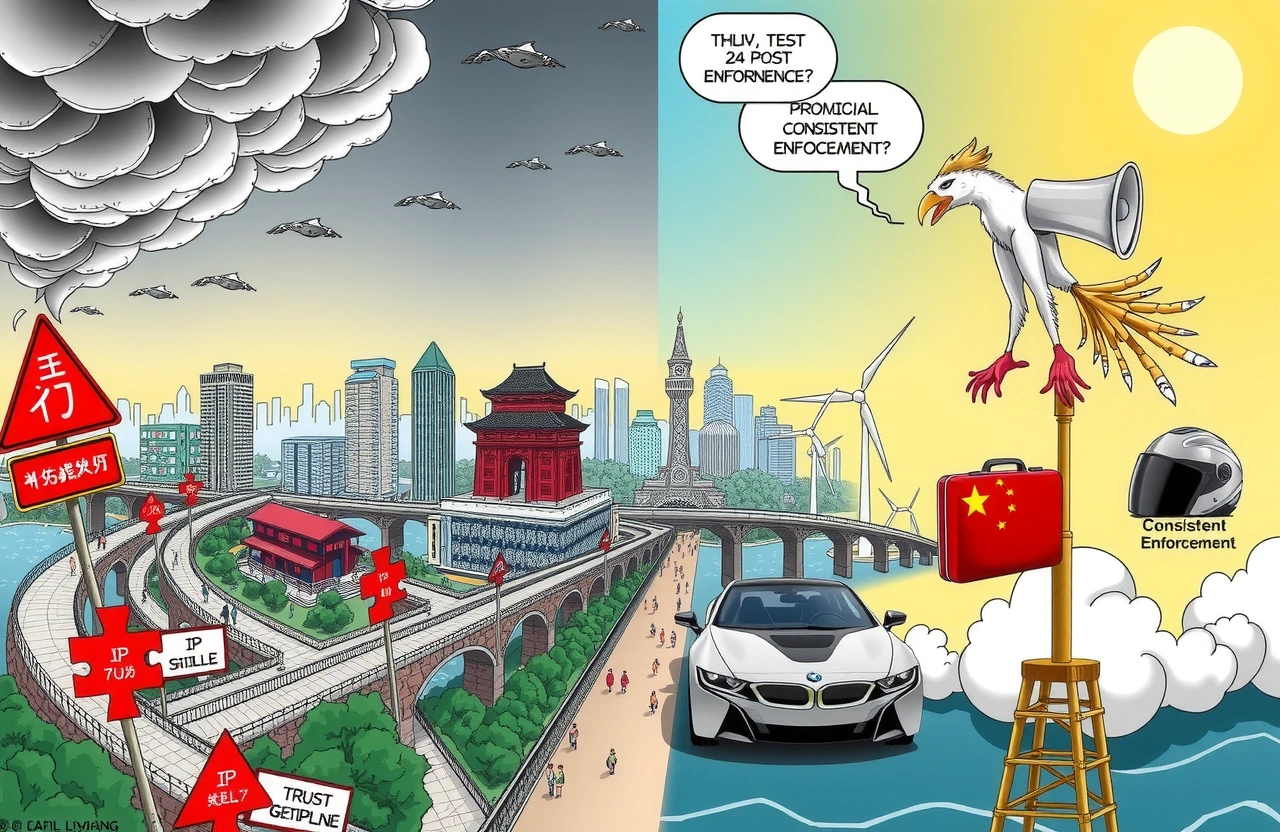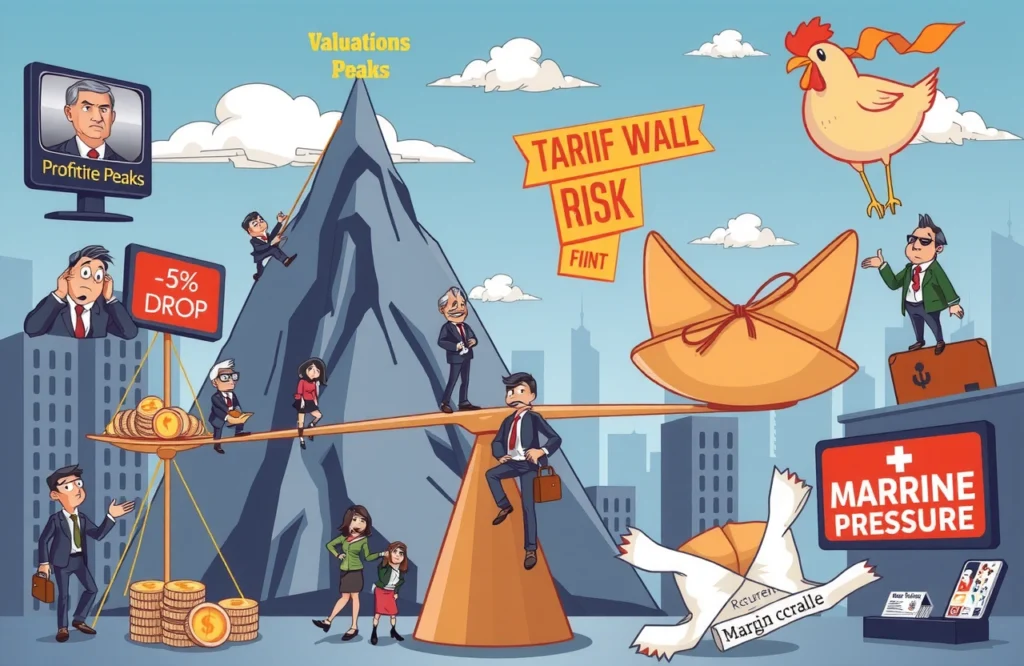- China implements new “24-point” guidelines to address foreign investor concerns amid recent FDI declines
- Regulatory uncertainties and geopolitical tensions remain major obstacles to restoring confidence
- Sector-specific reforms in finance, tech, and manufacturing signal commitment to market liberalization
- Success hinges on consistent policy implementation and predictable regulatory frameworks
The Shifting Landscape of Foreign Investment
Foreign direct investment in China recorded its first quarterly drop in Q3 2023 since records began, plunging 34% year-over-year according to Ministry of Commerce data. This unprecedented reversal followed decades of uninterrupted growth, reflecting deepening concerns among international businesses. Multiple factors drive this caution: sudden regulatory crackdowns like the tech sector overhaul, opaque enforcement mechanisms, and geopolitical friction have shaken investor assumptions about China.
Former U.S. Commerce Secretary Gary Locke notes: “The unpredictability of China’s business environment now outweighs market potential in many boardroom discussions.” Multinational corporations face intensifying cross-border compliance pressures as decoupling trends accelerate.
Policy Reforms: Meaningful Change or Window Dressing?
The State Council enacted comprehensive policy adjustments through its “24-point” guidelines issued August 2023:
Key Measures to Rebuild Trust
– Streamlined approval processes reducing average setup time from 40 to 15 days
– Direct complaint channels for foreign enterprises reporting unfair treatment
– Expanded tax incentives for R&D investments in priority sectors
Implementation Barriers
Despite surface improvements, inconsistent local enforcement continues hampering initiatives. A European Chamber survey found 37% of firms encountered ‘selective implementation’ depending on provincial leadership. This regulatory inconsistency severely undermines efforts to rebuild trust between international enterprises and Chinese authorities.
Sector-Specific Reform Progress
Different industries show varied trajectories in restoring investor confidence:
Finance: Systematic Opening
The China Securities Regulatory Commission eliminated foreign ownership caps, enabling firms like JP Morgan and UBS to acquire full control of local ventures. Regulators approve cross-border data protocols supporting unified compliance standards.
Technology: Tensions Persist
The cybersecurity review process creates bottlenecks despite deregulation signals. Amendments to China Data Security Law enacted provisions allowing conditional international transfers. Corporate concerns focus on blurred boundaries between commercial interests and national security.
Manufacturing: Nearshoring Acceleration
Apple shifted 7% of iPhone production from China to India and Vietnam as several FDI-backed industrial parks report vacancy rates above 25%. This indicates the urgent challenge facing policymakers seeking to rebuild trust through supply chain stability.
Case Study: Automotive Sector Turnaround
Automotive FDI rebounded sharply following resolution of a high-profile investment dispute:
BMW’s Landmark Investment
Following negotiations with Premier Li Qiang, BMW confirmed a $3.2 billion electric vehicle plant investment in Shenyang—China’s largest auto sector FDI since 2022. Crucially, authorities granted unprecedented IP protection guarantees addressing BMW’s core concern.
Catalyst for Broader Trust Restoration
The settlement preceded accelerated foreign approvals for Ford and Toyota expansion projects. NVH Group CEO Alexander Koffler noted: “This demonstrated China’s willingness to rebuild trust through concrete solutions.” Such case models provide templates for resolving disputes through ministerial-level engagement.
Geopolitical Considerations
Political dynamics significantly constrain China’s ability to rebuild trust:
U.S.-China Tensions
Outbound investment controls on advanced chipmaking issued by President Biden impede technology transfers. Export Administration Bureau updates expanded controlled items lists quarterly.
Friend-Shoring Dynamics
ASEAN manufacturing investments exceeded $200 billion through Q3 2023, redirected primarily via Singapore hubs. These patterns suggest fundamental restructuring rather than temporary hedging.
The Path Forward
China’s efforts to rebuild trust require holistic reforms reconciling economic pragmatism with national security priorities:
Actionable Recommendations
– Establish permanent liaison offices connecting city-level FDIs with national ministries
– Adopt quantitative transparency metrics evaluating regulatory consistency
– Expand pilot programs exempting foreign firms from non-core compliance
Six months after policy announcements, sentiment surveys show modest improvements: foreign executives feel Beijing genuinely intends to rebuild trust despite implementation gaps. Tangible results remain pivotal as patience deteriorates following protracted capital outflow.
Sustained engagement now directly correlates with China’s high-technology advancement trajectory. Investors will scrutinize concrete alignment between verbal commitments and regulatory practice—the ultimate determinant in successful trust restoration.




